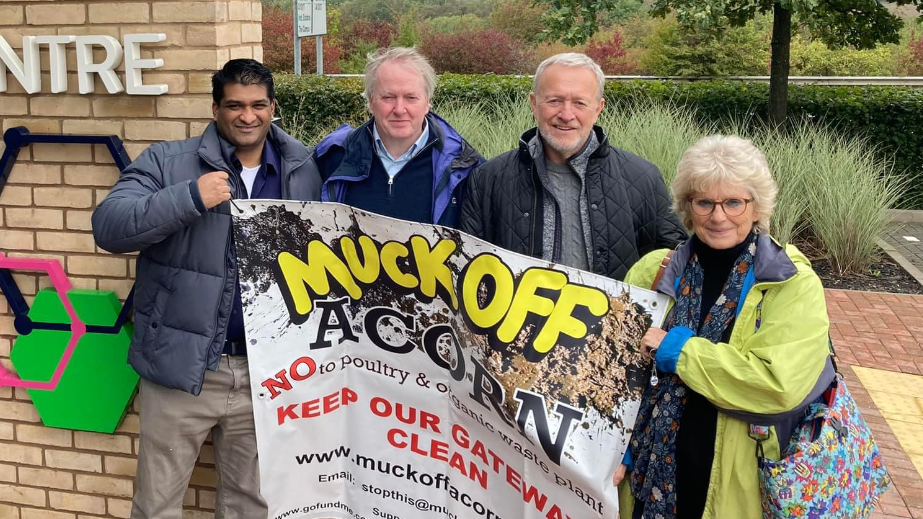Hundreds object to plans for biogas plant
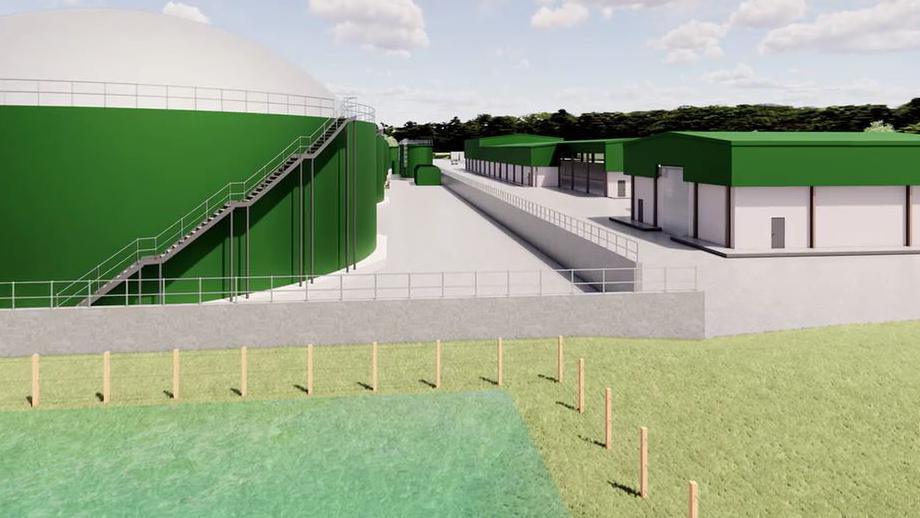
The proposed biogas plant would use agricultural waste and crops to produce green gas that can heat homes
- Published
There have been 850 objections to plans for a large biofuel plant in the countryside - with many worried it will increase traffic.
The proposed development between Oakley and Long Crendon, near Aylesbury, in Buckinghamshire, would generate "sustainable" biogas to heat more than 7,000 homes.
Speaking ahead of a deadline for people to submit comments, the Conservative MP for Mid Buckinghamshire, Greg Smith, said: "It's just not on, it's not safe. It's the wrong location for such a plant."
Acorn Bioenergy, external said it had "listened" to feedback from the local community and had amended its plans in order to reduce traffic through nearby villages.
Acorn said its anaerobic digestion plant would use microbes to break down manure and crops into biogas, which could "replace natural gas in the grid" to heat homes.
It described the system as "carbon positive", saying it would reduce the UK's dependence on imported fuels.
Plans for the site include 8-m (26-ft) tall slurry tanks, 11-m (36-ft) tall pasteurisation tanks and five digester tanks, as well as administrative buildings and a gas grid connection.

Mum Ros Finney says the road outside the school in Long Crendon is already "dangerous with the current volume of traffic"
Those worried about increased traffic include Rosalind Finney, who told the Local Democracy Reporting Service: "I moved to Long Crendon as a quiet village, but when we become an industrial rat run for trucks it won't be safe anymore."
Ms Finney added: "We don't understand why Acorn have chosen to place one of the largest anaerobic digestors in the country right next to our tiny, tiny historic villages and utilise mainly B-roads, instead of a site next to a main road where they won't be putting children's safety at risk."
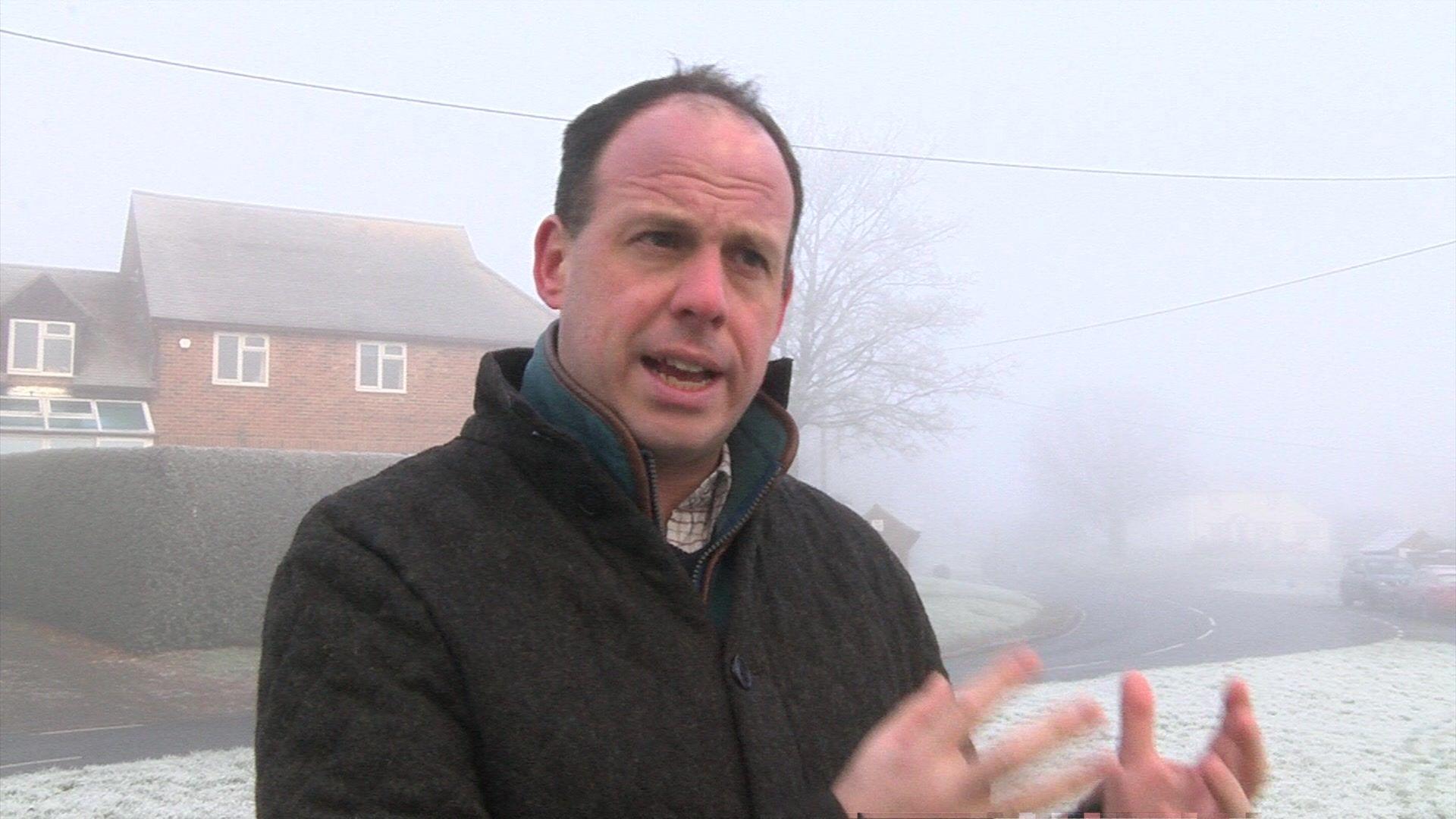
Mid Buckinghamshire MP Greg Smith said extra traffic and the "large and slow nature of HGVs and tractors" would be "very noticeable" on the rural roads
Smith added that the site ought to be "where you can get the HGVs on and off major A-roads, without having to rattle in a dangerous manner through small rural villages".
Following significant opposition, Acorn volunteered to cap daily operational HGV and tractor journeys on public roads and restrict vehicles in Long Crendon during the school run.
Rachel Ness, Acorn's director of planning, said: "We're hopeful that reduction in the number of traffic movements will help allay some of the fears of the local community.
"The highways authority has advised that our proposal is acceptable from a highways impact point of view.
"A lot of this traffic is agricultural vehicles that are already on the local roads - not all of it is going to be new traffic."
All comments on the application must be submitted to Buckinghamshire Council by Saturday 18 January.
Additional reporting by the Local Democracy Reporting Service.
Get in touch
Do you have a story suggestion for Beds, Herts & Bucks?
Follow Beds, Herts and Bucks news on BBC Sounds, Facebook, external, Instagram, external and X, external.
Related topics
More stories like this
- Published29 April 2024
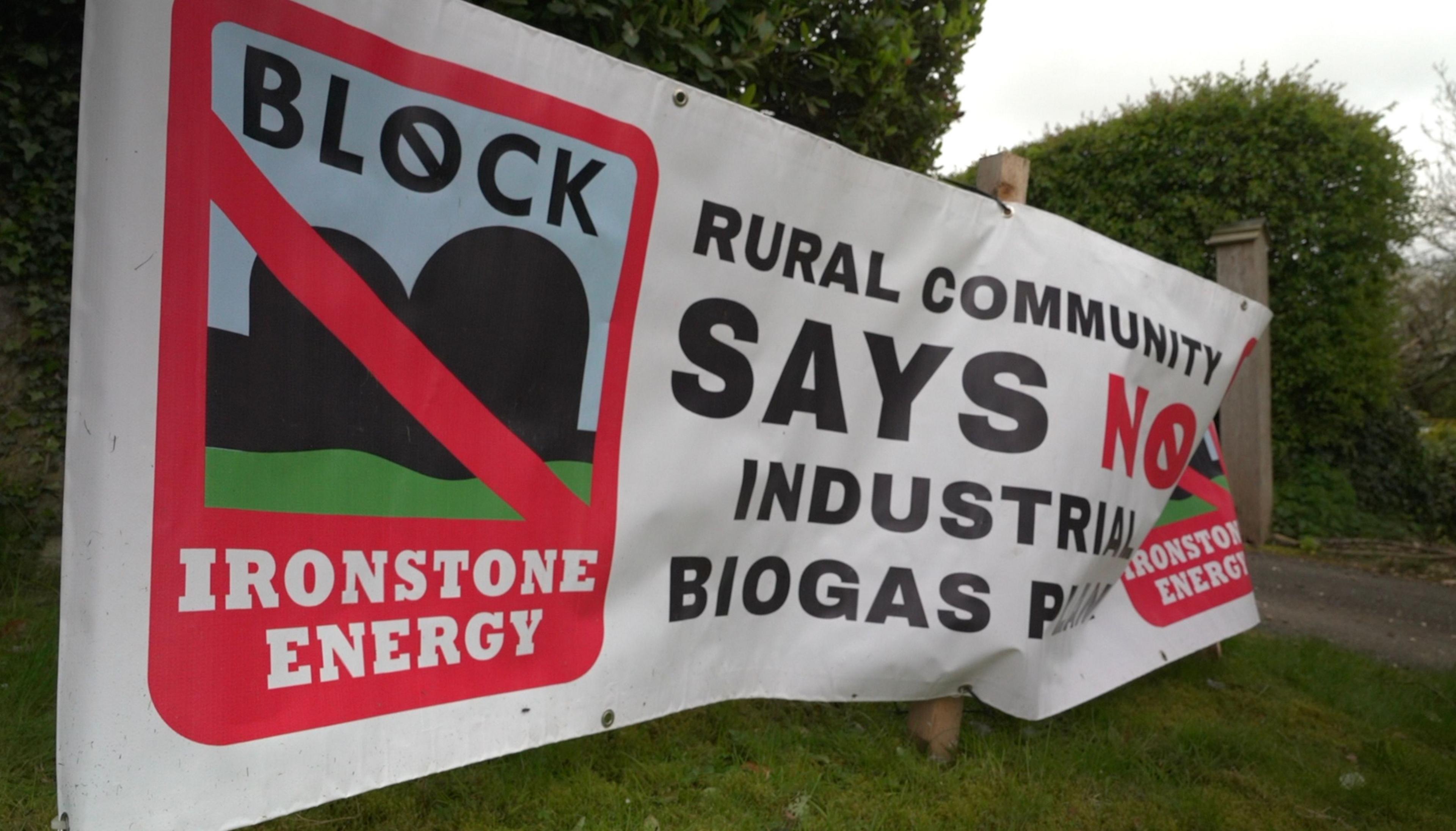
- Published2 October 2024
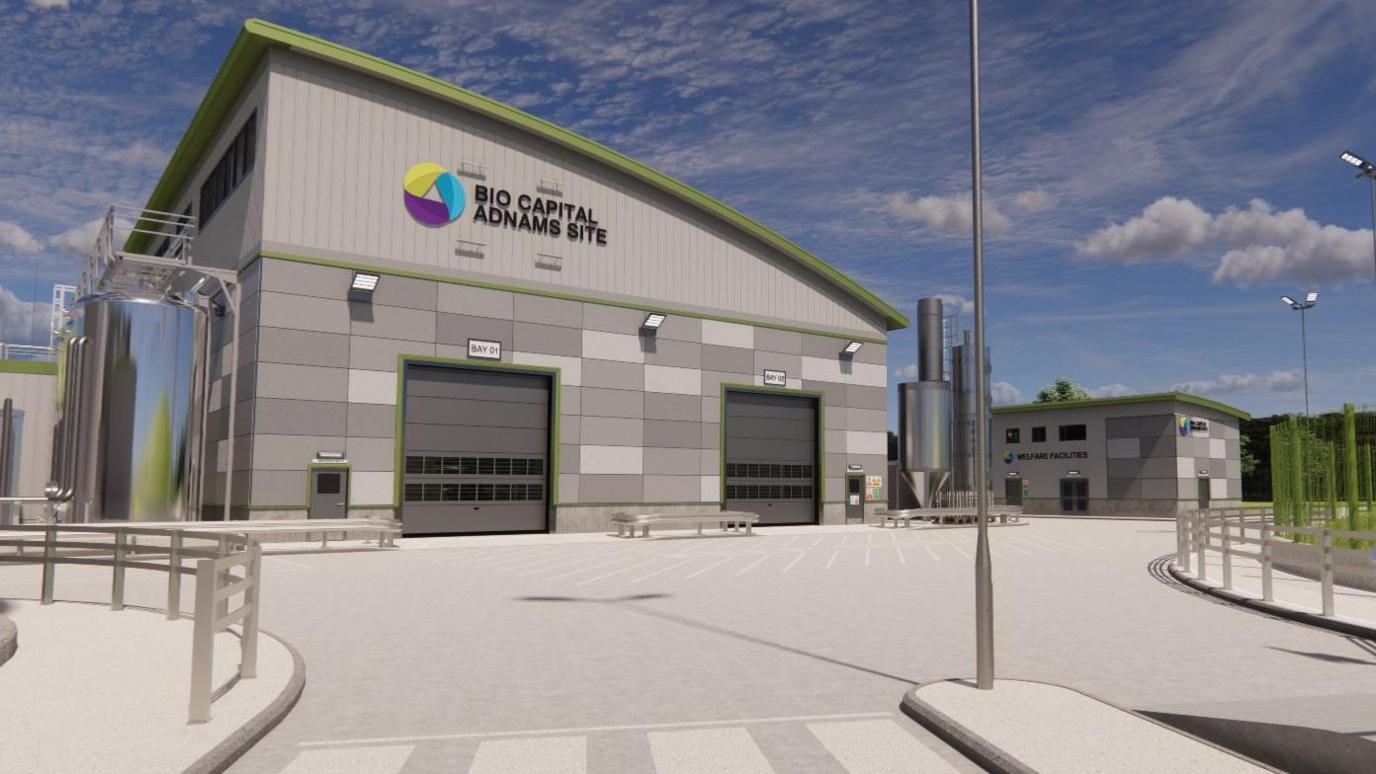
- Published25 September 2024
